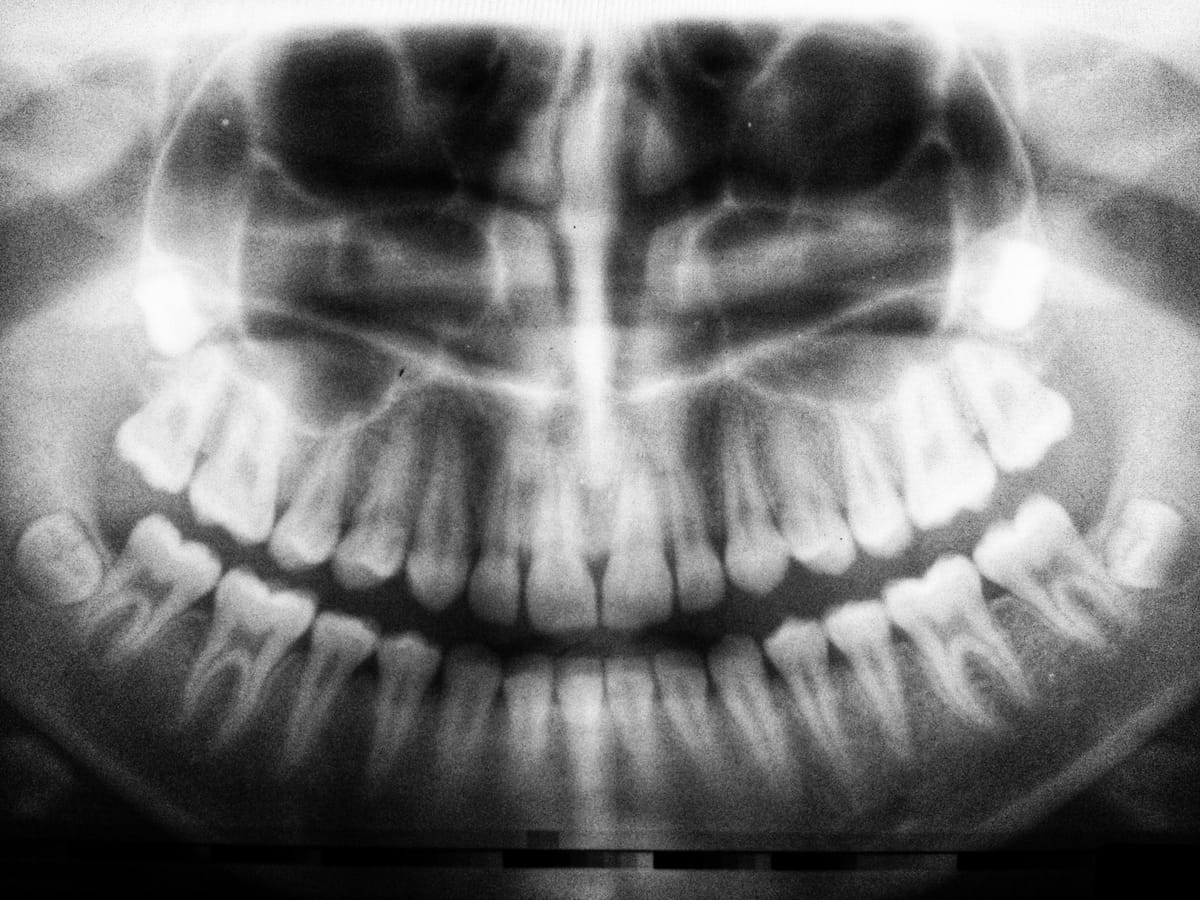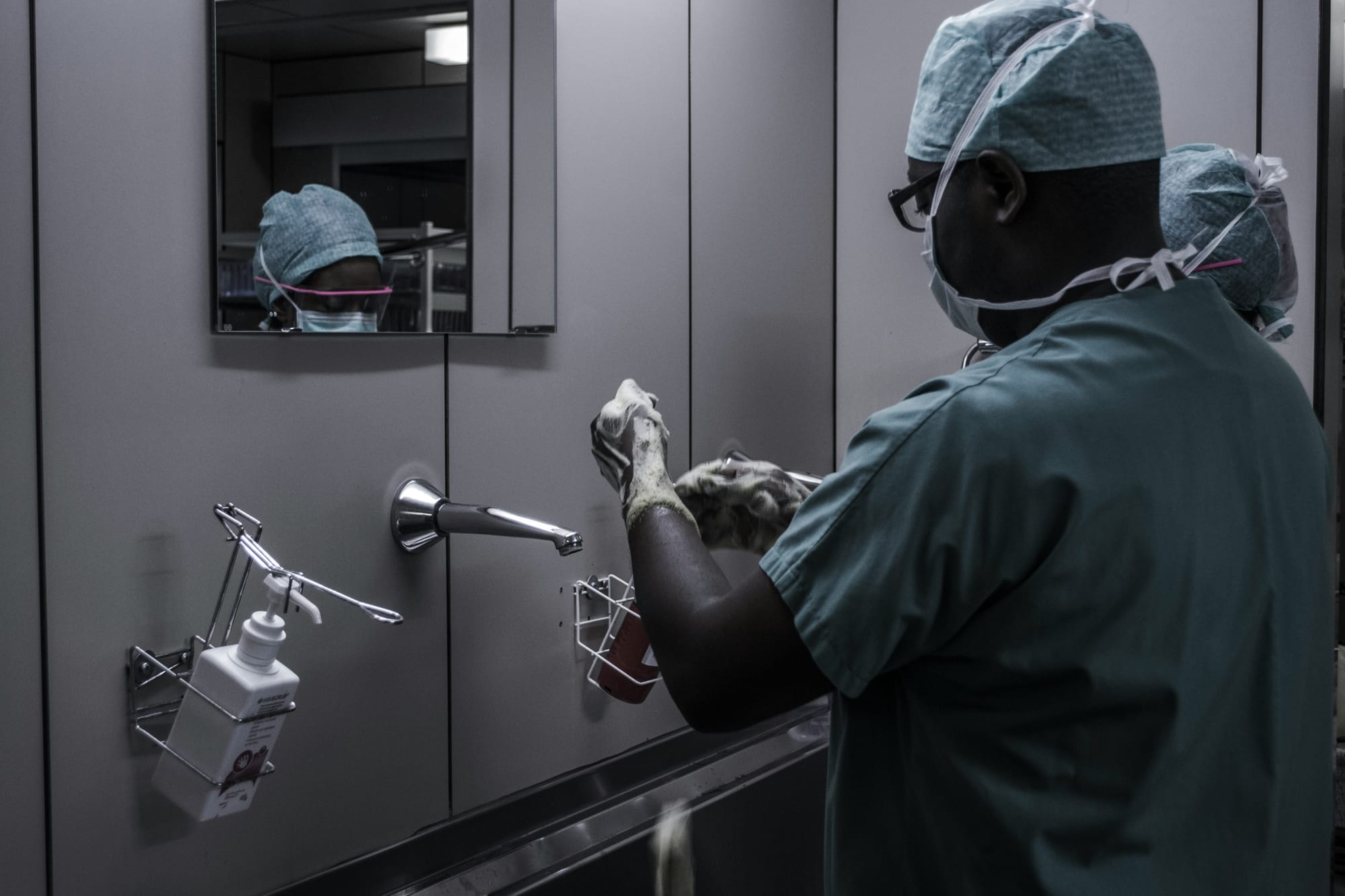Dental School vs Medical School: Which Path is Right for You?

This is a question, I believe, every pre-health student has contemplated. I know I certainly did when I was working my way through my undergraduate degree. At the end of the day it was an easy decision to pursue medical school because of my interests but it was also an easy decision for one of my best friends to pursue dental school. Medical school and Dental school both have their pros and cons. Both paths require dedication, time, and a passion for improving patients' lives, but they lead to distinct careers that offer different kinds of rewards and experiences. I hope to shed some light on the similarities and differences so that you can be well informed when making a life-defining decision. Let's get into it.

1. Educational Path
Pre-Requisites: The Starting Line
Both dental and medical schools require a strong foundation in the sciences. Typically, students need to complete a bachelor’s degree with coursework in biology, chemistry, physics, and mathematics. However, the specific requirements can vary. For instance, dental schools often emphasize courses in anatomy, physiology, and biochemistry, which are directly related to oral health. Medical schools, on the other hand, might require more extensive coursework in areas like organic chemistry and physics, given the broader scope of human health they cover.
Admission Tests: DAT vs. MCAT
Once pre-requisites are completed, the next hurdle is the entrance exam. Dental school hopefuls take the Dental Admission Test (DAT), while medical school applicants face the Medical College Admission Test (MCAT). The DAT focuses more on perceptual ability, critical thinking, and knowledge of the natural sciences as they pertain to dentistry. The MCAT, however, is known for its broader focus, testing students on biology, chemistry, physics, psychology, and critical analysis. Each test is tailored to prepare students for the specific challenges they will face in their respective fields.
Curriculum: Diverging Paths
While both dental and medical schools share the first two years focusing on basic sciences, such as anatomy, physiology, and pharmacology, the paths begin to diverge afterward. Dental students shift their focus to oral health, learning the intricacies of the teeth, gums, and overall oral hygiene. They spend considerable time in simulation labs, practicing procedures like fillings, crowns, and extractions.
Medical students, however, dive deeper into the human body’s complexities, studying everything from cardiology to neurology. Their training is broader, as they must be prepared to diagnose and treat a wide range of conditions affecting the entire body.
2. Clinical Experience
Dental School: Early Patient Interaction
Dental students typically begin their clinical experience earlier than medical students. Often by their second year, they are already working with patients under supervision, performing procedures like cleanings, fillings, and even more complex surgeries as they progress. This early exposure helps dental students develop their technical skills and patient communication abilities, which are crucial for a successful dental practice.
Medical School: Rotations Across Specialties
In contrast, medical students usually start their clinical rotations in the third year. These rotations cover various specialties, such as internal medicine, surgery, pediatrics, and obstetrics. The goal is to give students a well-rounded experience, allowing them to explore different fields before deciding on a residency. This period is both challenging and rewarding, as students apply their knowledge in real-world settings under the guidance of experienced physicians.

3. Post-Graduate Training
Dental Residency: Optional but Beneficial
After completing dental school, graduates earn a Doctor of Dental Surgery (DDS) or Doctor of Dental Medicine (DMD) degree. While some may start practicing immediately, others choose to pursue a residency in a specialized area such as orthodontics, periodontics, or oral surgery. These residencies typically last 2-3 years and provide advanced training, but they are not mandatory for general dentistry.
Medical Residency: A Must
In contrast, medical school graduates must complete a residency program, which is required to practice medicine. Residency can last anywhere from 3 to 7 years, depending on the specialty. During this time, doctors-in-training work long hours in hospitals, refining their skills and knowledge under the supervision of senior physicians. The residency period is intense, often described as a rite of passage for doctors, but it is essential for developing the expertise needed to provide high-quality patient care.
4. Work-Life Balance
Dentistry: More Predictable Hours
One of the significant differences between dental and medical careers is the work-life balance. Dentists often enjoy more predictable hours, typically working weekdays with occasional emergencies. This allows for a more consistent schedule, which can be appealing for those who value time with family or pursuing hobbies outside of work.
Medicine: Demanding and Unpredictable
On the other hand, physicians, especially those in certain specialties like surgery or emergency medicine, often work irregular hours, including nights, weekends, and holidays. The demands of the job can be high, with long shifts and the responsibility of life-or-death decisions weighing heavily on doctors. However, for many, the satisfaction of helping patients and the intellectual challenge of medicine outweigh these challenges.

5. Financial Considerations
Cost of Education: A Significant Investment
Both dental and medical school are expensive endeavors, often requiring substantial loans. Dental students may face slightly higher tuition costs due to the need for specialized equipment and materials used in their training. However, the overall debt load can be similar for both paths, depending on the institution and length of study. Here are some ranges for medical schools.
Earning Potential: Varies by Specialization
When it comes to salaries, both dentists and doctors can earn substantial incomes, but there is significant variation depending on the specialty. General dentists often earn a comfortable income, with the potential for higher earnings if they own a practice or specialize in a high-demand area. Medical doctors, especially those in high-paying specialties like orthopedics or cardiology, can earn even more, but this often comes with longer training periods and higher stress levels.
6. Job Satisfaction and Career Longevity
Dentistry: Autonomy and Patient Relationships
Dentists often report high job satisfaction due to the autonomy they have in their practices and the long-term relationships they build with patients. The ability to see the tangible results of their work, such as improving a patient’s smile or relieving pain, adds to the fulfillment in their profession.
Medicine: Diverse Opportunities and Impact
In medicine, job satisfaction can vary widely depending on the specialty and work environment. Physicians often find fulfillment in the diverse opportunities available, from clinical practice to research and teaching. The impact they have on patients’ lives, often in critical situations, can be profoundly rewarding, even if the path is more demanding.

Conclusion: Which Path is Right for You?
Choosing between dental school and medical school is a deeply personal decision, influenced by your interests, lifestyle preferences, and long-term goals. If you’re drawn to a career with a focus on oral health, enjoy working with your hands, and value a more predictable work schedule, dentistry might be the right choice. However, if you’re passionate about exploring the complexities of the human body, eager for diverse clinical experiences, and prepared for a demanding yet rewarding journey, medical school could be your calling.
Ultimately, both paths offer the opportunity to make a significant impact on patients’ lives. Whether you choose to specialize in teeth or the entire body, the key is to follow the path that aligns with your passion and professional aspirations.